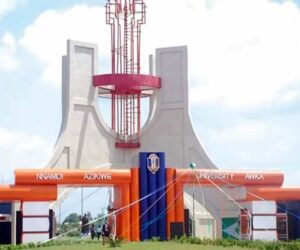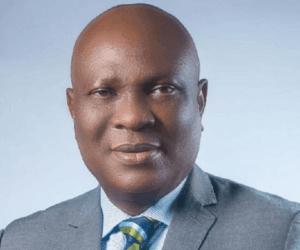The Public Complaints Commission (PCC), also known as the Nigerian Ombudsman, has disclosed that it received a total of 2,567 complaints from members of the public in Kwara State in 2024, with over 1,500 additional cases recorded so far in 2025.
Speaking in Ilorin during an event marking the 50th anniversary of the commission, the Kwara State Commissioner of the PCC, Barrister Olanrewaju Falola, said the figures reflected the growing confidence of citizens in the institution’s role as a voice for the voiceless and a symbol of justice for the common man.
Falola said the commission remains committed to offering free legal representation in disputes, particularly for the poor and socially vulnerable.
SPONSOR AD
He noted that the Ombudsman has become a global beacon of justice that ensures fairness and accountability in governance.
“The commission reminds us that justice must never be a privilege for the few but a right for all,” he said.
The commissioner said the PCC has been instrumental in securing redress for citizens who have no easy or affordable access to the courts.
According to him, the commission continues to bridge the gap between the government and the governed, ensuring that the marginalized and disadvantaged are not left behind.
He, however, identified inadequate funding and lack of a befitting office space as major constraints affecting the commission’s efficiency in the state.
Falola added that the National Assembly is currently amending the Act establishing the PCC to strengthen its powers and ensure better enforcement of resolutions.
Highlighting the commission’s impact across communities, Falola said several life-changing interventions have been recorded in Kwara.
He cited the case of a widow and her children who were unjustly evicted but reinstated through the commission’s effort, as well as the recovery of certificates for indigent students who had been denied access to them for years by the National Teachers Institute.
The PCC, he said, also intervened in the rehabilitation of a secondary school, averted a potential religious crisis, and facilitated the payment of gratuities and pensions to retired workers.
Other notable interventions included the refund of N7 million in a breach of contract case, restoration of electricity to a community after years of blackout, and payment of death benefits to bereaved families.
The commission also resolved several labour-related cases, securing entitlements for unfairly dismissed employees and converting dismissal letters to voluntary resignations after thorough investigation.
It further addressed environmental hazards involving a company whose operations had affected residents, compelling the removal of a power station supplying it.
Falola added that the PCC restored peace in an Islamic community where a non-indigene’s hotel had become a source of moral decay and social unrest.
He reaffirmed the commission’s commitment to protecting citizens’ rights and ensuring justice at all levels, saying the PCC’s work over the past two years in Kwara stands as a testament to its enduring relevance and human-centered mission.








